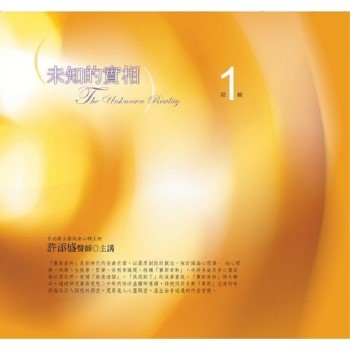This edited collection responds to the contemporary need for deeper analysis and rethinking of the relation between education and emancipation in a world beset by social, digital, educational and ecological crises. Among the diverse interdisciplinary perspectives explored are: rethinking the Anthropocene in the time of environmental emergency, the concept of relational thinking as emancipatory practice and a more encompassing concept of relational pedagogy that includes questions about the environment and digitalisation, the notion of indoctrination from the perspective of political education, reconnecting with the body as a form of emancipatory education and how schools reproduce socio-cultural ideologies in synergy with material and visual culture. The book chapters also consider the role of social media, postcolonialism and feminism in understanding emancipatory education and a historical reception of John Dewey’s ideas in other than Western contexts. This volume will be of interestto those seeking well-known as well as further and novel acquaintance with the philosophical and critical issues surrounding different forms and ideas of emancipation and/or/through education, including related practical propositions and examples. Educators, scholars in education, social justice, philosophy, sociology and curriculum developers will find this collection valuable in contemplating, practising and theorising the futures of emancipatory education across contexts and themes.
| FindBook |
有 1 項符合
Rethinking Education and Emancipation: Diverse Perspectives on Contemporary Challenges的圖書 |
 |
Rethinking Education and Emancipation: Diverse Perspectives on Contemporary Challenges 出版社:Palgrave MacMillan 出版日期:2024-03-25 語言:英文 規格:精裝 / 普通級/ 初版 |
| 圖書館借閱 |
| 國家圖書館 | 全國圖書書目資訊網 | 國立公共資訊圖書館 | 電子書服務平台 | MetaCat 跨館整合查詢 |
| 臺北市立圖書館 | 新北市立圖書館 | 基隆市公共圖書館 | 桃園市立圖書館 | 新竹縣公共圖書館 |
| 苗栗縣立圖書館 | 臺中市立圖書館 | 彰化縣公共圖書館 | 南投縣文化局 | 雲林縣公共圖書館 |
| 嘉義縣圖書館 | 臺南市立圖書館 | 高雄市立圖書館 | 屏東縣公共圖書館 | 宜蘭縣公共圖書館 |
| 花蓮縣文化局 | 臺東縣文化處 |
|
|
圖書介紹 - 資料來源:博客來 評分:
圖書名稱:Rethinking Education and Emancipation: Diverse Perspectives on Contemporary Challenges
內容簡介
作者簡介
Natasa Lackovic is Senior Lecturer/Associate Professor at the Department of Educational Research at Lancaster University, UK.
Predrag Krstic is Senior Research Fellow at the Institute for Philosophy and Social Theory, University of Belgrade, Serbia.
Olga Nikolic is Research Fellow at the Institute for Philosophy and Social Theory, University of Belgrade, Serbia.
Igor Cvejic is Senior Research Fellow at the Institute for Philosophy and Social Theory, University of Belgrade, Serbia.
Adorno’s Gamble: Harnessing German Ideology
Adorno’s Gamble: Harnessing German Ideology
The Dialectics of Absolute Nothingness: The Legacies of German Philosophy in the Kyoto School
The Collapse of Freedom of Expression: Reconstructing the Ancient Roots of Modern Liberty
Aristotle’s Discovery of the Human: Piety and Politics in the Nicomachean Ethics
Heidegger: An Introduction
Black Divinity Institutes of the Black Theocracy Shahidi Collection Vol 1 [Remastered]
Bacteria to AI: Human Futures with Our Nonhuman Symbionts
Pink: The History of a Color
The Purpose of the Papacy
Adorno’s Gamble: Harnessing German Ideology
The Dialectics of Absolute Nothingness: The Legacies of German Philosophy in the Kyoto School
The Collapse of Freedom of Expression: Reconstructing the Ancient Roots of Modern Liberty
Aristotle’s Discovery of the Human: Piety and Politics in the Nicomachean Ethics
Heidegger: An Introduction
Black Divinity Institutes of the Black Theocracy Shahidi Collection Vol 1 [Remastered]
Bacteria to AI: Human Futures with Our Nonhuman Symbionts
Pink: The History of a Color
The Purpose of the Papacy
|










